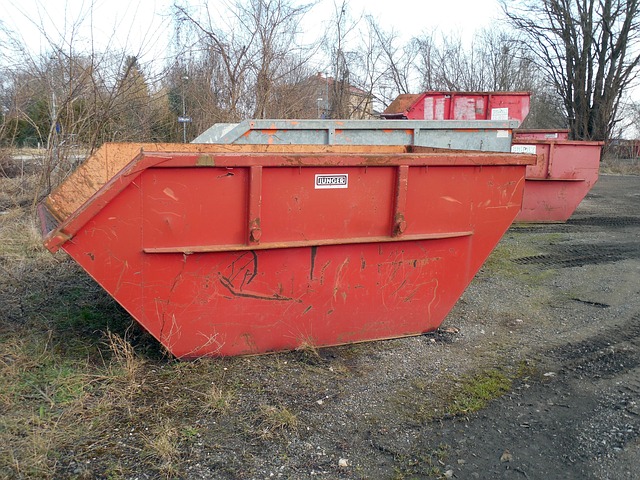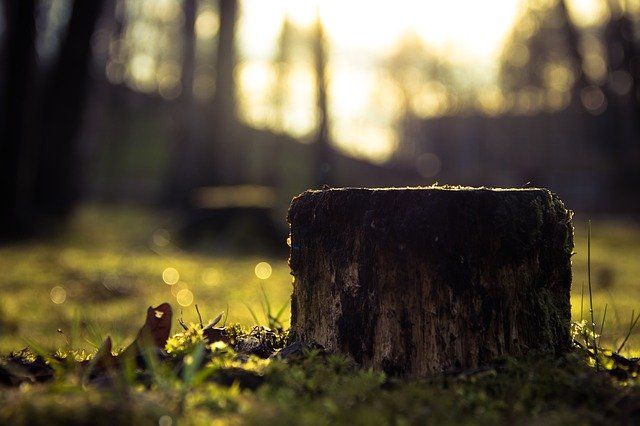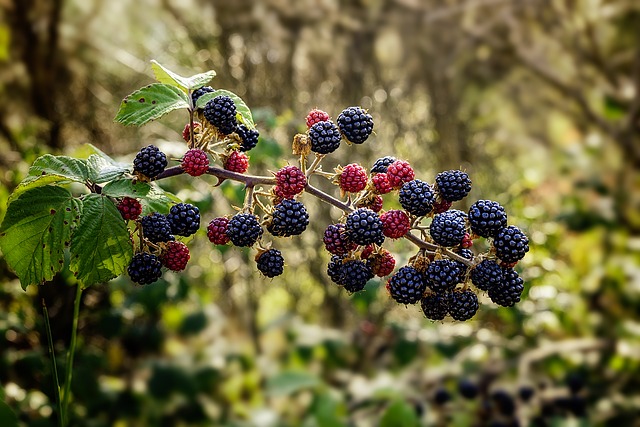
Disposing of Japanese knotweed is a delicate business. One must be extremely careful when handling this invasive weed - even a tiny fragment of its hardy rhizome root system can grow into a whole new plant if returned to the soil.
For this reason, there are a lot of rules about what you can and can't do with Japanese knotweed after digging it up. If you allow the plant to spread into the wild, you may be fined thousands of pounds or even imprisoned (see Japanese Knotweed Law).
More...
If you have a tree stump in your garden as a result of having a tree cut down and would like it to be removed, you have two options to choose from. The first is to get it removed completely, including the roots, which typically involves a lot of heavy machinery such as a Bobcat along with a lot of mess. The second option you can choose is to get the stump ground down through a process known as stump grinding.
Want to know more? Let's take a look...

More...
Brambles, often known as a blackberry bush, is a thorny bush that produces berries that are commonly used to make pies and jam. Doesn't sound too bad right? Well, you'll be surprised to hear that brambles actually cause a lot of problems for homeowners when they begin growing in their gardens.
Similar to other types of weed such as Japanese knotweed, brambles have the ability to grow and spread at a rapid pace, particularly in gardens that are left unmanaged. Brambles can grow through shrubs and hedges and even between the cracks in broken brickwork and concrete, wreaking havoc on nearby buildings. If uncontrolled, bramble shoots can grow up to 8ft long and when they touch the nearby soil, they send out further shoots which quickly grow into a dense, thorny bush starting the process all over again. One single bramble shoot can quickly become a thorny jungle which is very difficult to firstly control and secondly eradicate once established.
So, how do you get rid of brambles in your garden once this happens? Let's find out...

Ways to remove bramble from your garden
To effectively remove brambles form your garden after they have established, you can do either of the following options:
- Use a systemic weedkiller
- Dig out the roots
More...

Moving into a new home should be a happy experience. You're starting a fresh chapter and (hopefully) moving a step higher on the property ladder. But if you've unknowingly bought a house that's affected by Japanese knotweed, your joy may be rather short-lived.
More...

Since its introduction to the UK way back in 1854, Japanese knotweed has caused a tremendous amount of damage to lands, buildings and ecosystems up and down the country. Its invasive nature means it has the ability to spread and grow anywhere, even through concrete and brickwork, making it a nightmare for homeowners throughout the UK.
More...
